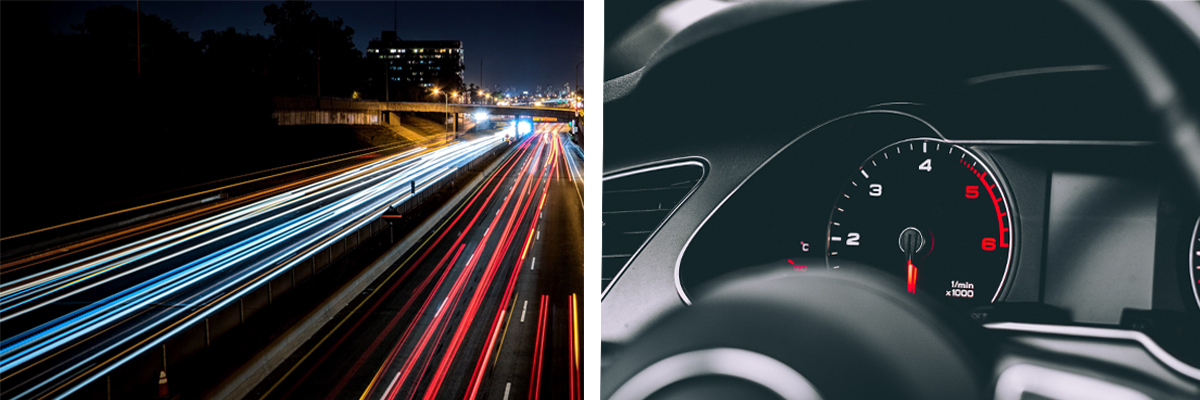 20 August 2018
20 August 2018
The major impact the trend of sustainability has had on the mobility sector has become increasingly clear in recent years. Now sustainability is also rising within business mobility, it is important to know what the developments are within the industry!
The WLTP
The Worldwide Harmonized Light Vehicle Test Procedure, or WLTP, is a new test procedure for measuring the emission of light vehicles. It’s been noted to be markedly better than its predecessor, the NEDC Test. Since September 2017, the WLTP has provided a realistic insight into the fuel consumption of cars, the emission of CO2 and other polluting substances, including fine particles.
The new insights into the fuel consumption and emissions of the vehicles can have a major impact on the purchase of new cars. Cleaner cars and thus a more sustainable vehicle fleet!
These new insights into pollution and fuel consumption have already influenced the vehicle fleet policy of 18% of all European companies. It is expected that the test will affect 44% of all fleets in Europe within the coming 3 years. Insights into the fuel consumption and emissions of the vehicles has a major impact on the purchase of new cars. Cleaner cars and thus a more sustainable vehicle fleet!
Sustainable energy
44% of European companies state that they are currently, or will be within the coming 3 years, using alternative energy sources and technologies. The European leader in sustainability is Germany; within 3 years, sustainable energy will be implemented in no less than 64% of all of their vehicle fleets!
But what energy sources and technologies are being used? The most popular sustainable technology in the list is hybrid. At this time, or within 3 years, this technology is or will be part of 29% of all European car fleets. On the second place, with no less than 26%, is the technology of electric vehicles. Plug-in Hybrid takes the third place with 23%.
Ride sharing
Ride sharing, or carpooling, is the shared use of a car with which colleagues can easily cut transport costs on commuter traffic. Besides the fact that carpooling can save you thousands of euros per month, it also has another benefit: it is very sustainable!
Ride sharing results in fewer cars being used, with fewer traffic jams and reduced emissions as a result. More and more European companies state that they want to use ride sharing. And the numbers don’t lie; no less than 28% of European companies already use it or intend to implement it in the next 3 years!
Car sharing
Car sharing is a system that makes it possible for different employees to use cars that are owned by the company. The employee reserves a vehicle at the fleet manager; receives the key and is allowed to use the car.
By reducing downtime, the use of the car is optimized and it’s being well used. Car sharing can be a sustainable, low-cost solution for many fleets. In Europe, 23% of companies use car sharing, or plan to do so in the next 3 years.
Telematics
Telematics are able to offer insight the traveled routes, the driving behavior of your employees and the required maintenance of your vehicles. By optimizing routes and the driving behavior, you can easily save on fuel, time and maintenance! There are more than enough reason to implement telematics in your fleet!
Interested in telematics? We’d be happy to connect you on your way with one of our partners.
* Figures from Fleet Barometer 2018

